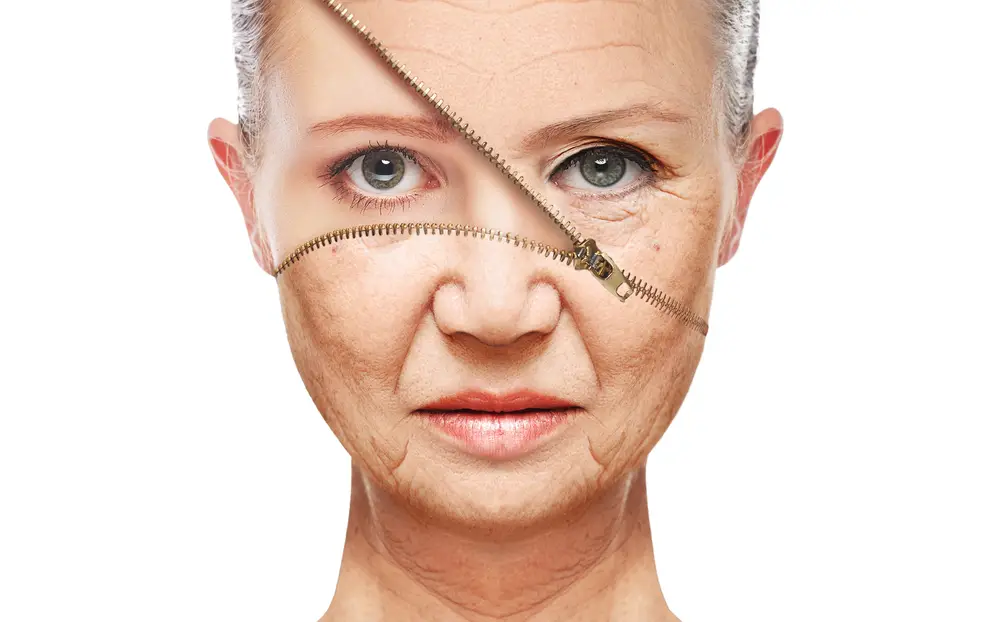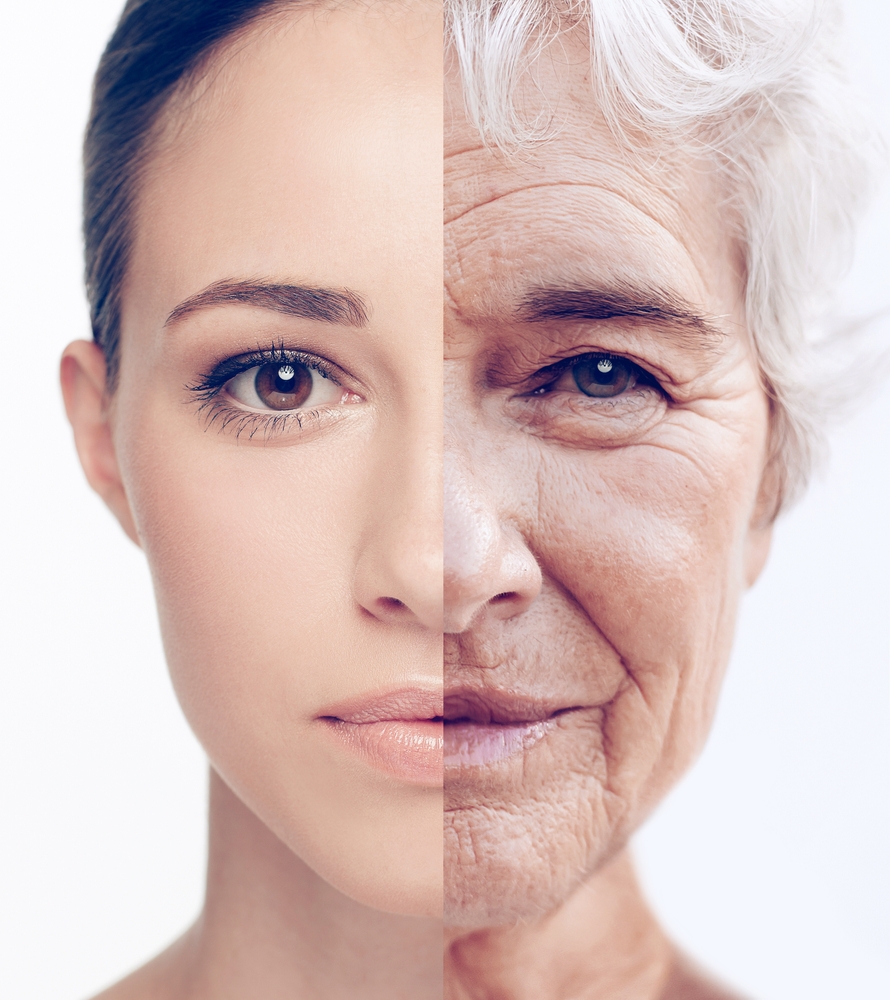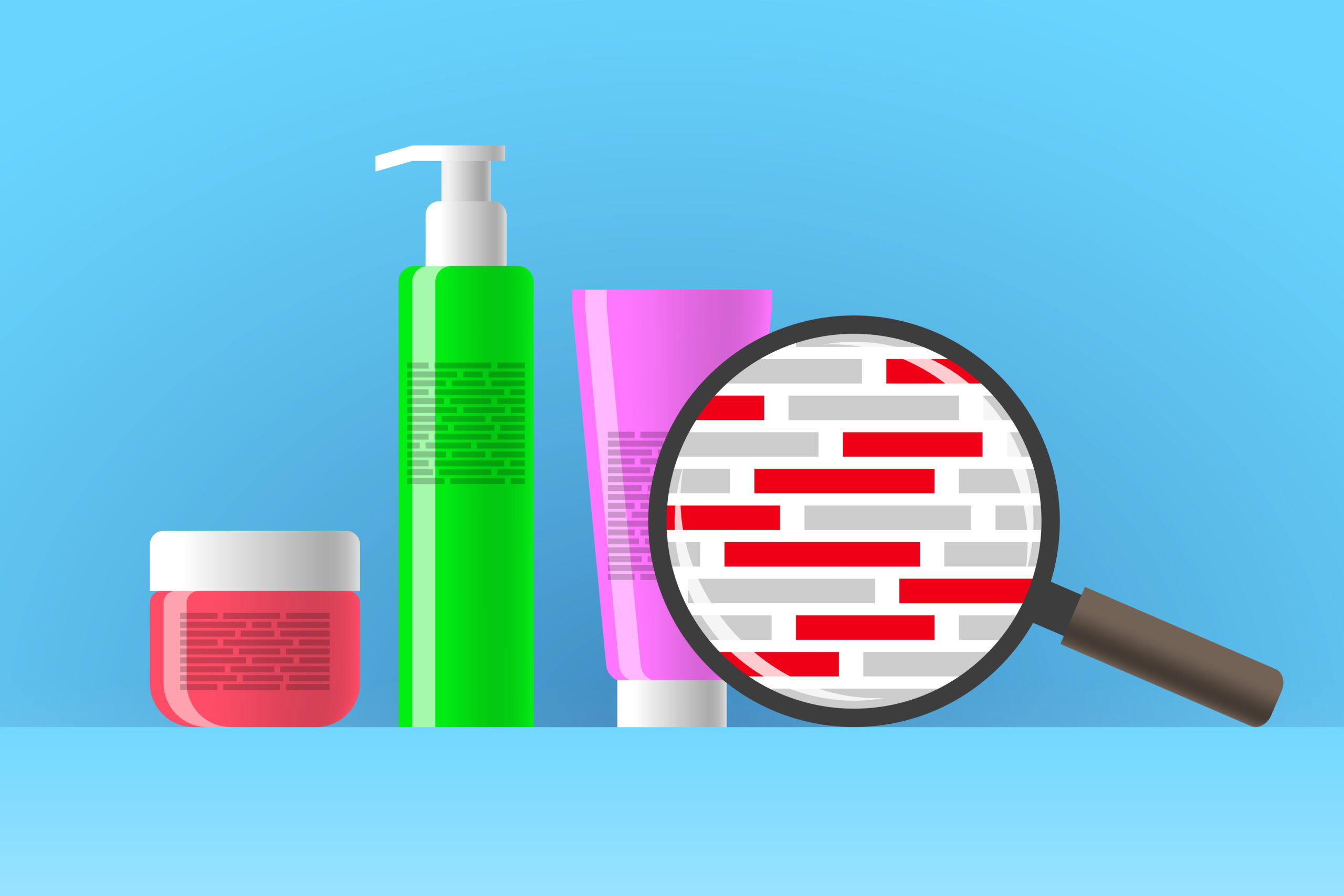Self-Care Habits Can Trigger Stress and Accelerate Aging
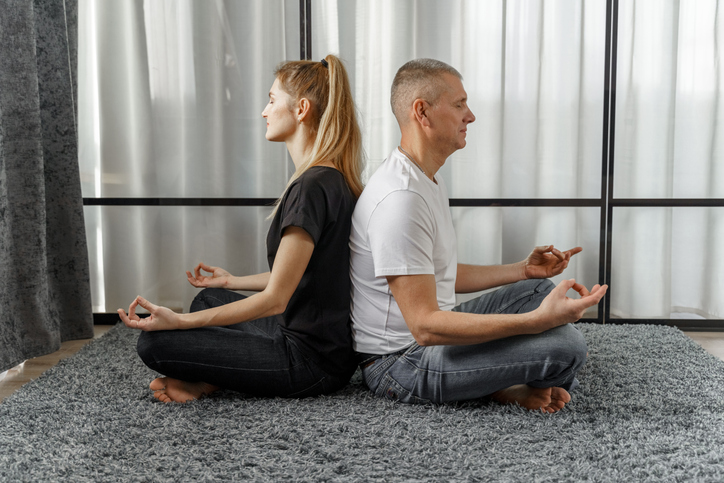
Indulging in self-care improves physical, mental, and emotional well-being and provides much-needed time out and relaxation from today’s technological-fueled age. Practicing self-care should be easy, affordable, and like a little luxury, not a chore. When we take self-care too seriously and run ragged trying to keep up with the latest and greatest wellness practices, it causes stress and anxiety which sends the whole idea of self-care out the window. Here are 15 self-care habits that could secretly be causing you stress which is one of the biggest triggers of premature aging.
1. Over-Scheduling Self-Care Activities
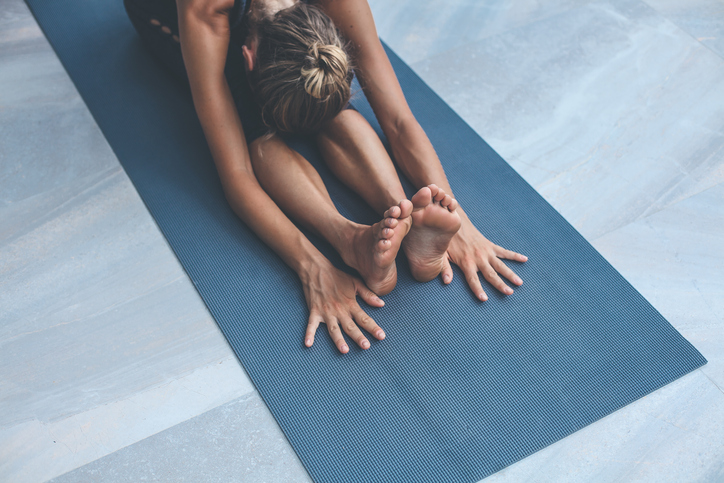
If you overpack your schedule anything can feel like a chore rather than a relaxing timeout, even self-care. Be realistic about your time, don’t overload or add the pressure of a rigid schedule to fit in yoga and meditation, or you’ll increase your stress levels and defeat the entire purpose.
2. Unrealistic Wellness Goals

If you set high standards or unrealistic goals for your self-care practices you set yourself up for failure which sends your confidence plummeting and stress levels soaring. Don’t believe the hype, subjecting yourself to extreme fitness goals, detox diets, or the idea you’ll master mindfulness immediately is self-sabotage plain and simple.
3. Envy is the Enemy

In the social media era where we’re bombarded with wellness influencers resist comparing or measuring your self-care journey against anyone. Envy can create self-doubt, feelings of unworthiness, and stress. Remember, self-care is personal, focus on what works best for you and in your timing and express gratitude that you are taking positive steps toward your goals.
4. Obsessing Over Your Skincare Routine
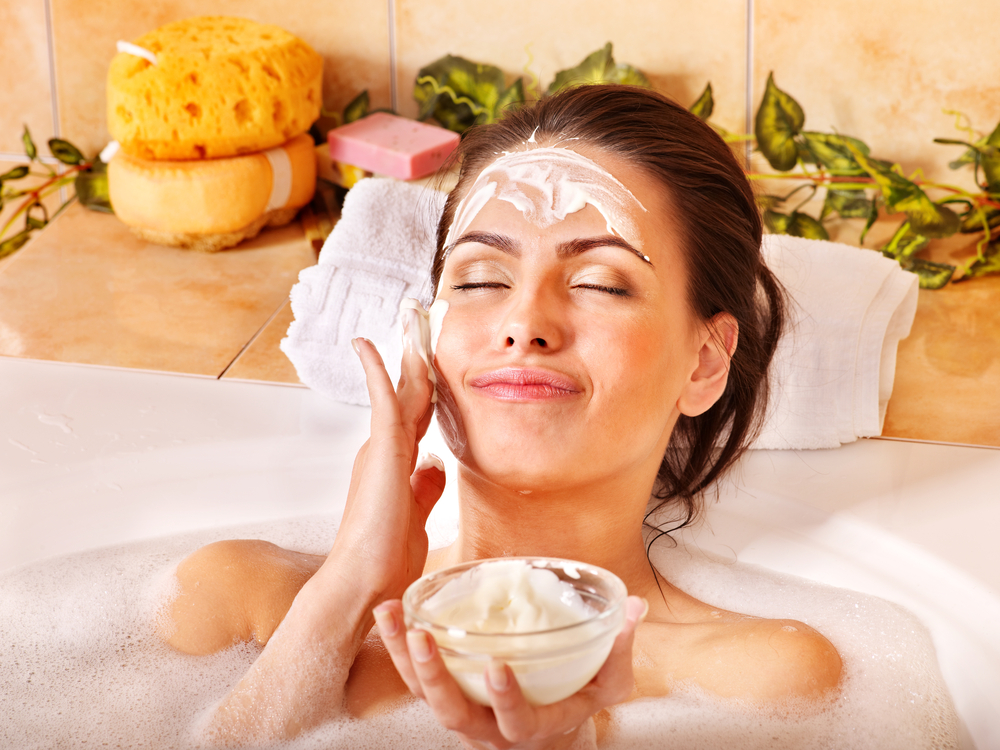
Adopting a daily skincare routine is important to nourish and hydrate the skin, protect it from sun damage, and prevent premature aging. The harsh reality is aging is a part of life and the rate we age is down to genetics, so there’s no point obsessing over every step in your skincare regime or every new wrinkle. This will only increase anxiety and stress levels.
5. Over-Analyzing Your Diet

It’s important to eat a well-balanced diet rich in nutrients, vitamins, and antioxidants to fight free radicals, prevent premature aging, lower your risk of disease, and achieve optimal health and wellness. If you restrict foods you enjoy, analyze every calorie, or fret over a guilty pleasure, you will suck all of the joy out of your life. Adopt an 80/20 rule; eat well 80 percent of the time and allow 20 percent to indulge to be happier and less stressed.
6. Exercise Perfectionism

Striving to find the perfect workout routine or overdoing exercise can cause stress, burnout, and even injury if you don’t allow your body rest and recovery time. When you push yourself too hard or feel guilty for missing a session, it’s time to reassess your approach as working out should be fun, sustainable, and elevate your mood not be a source of anxiety.
7. Neglecting Your Mental Health
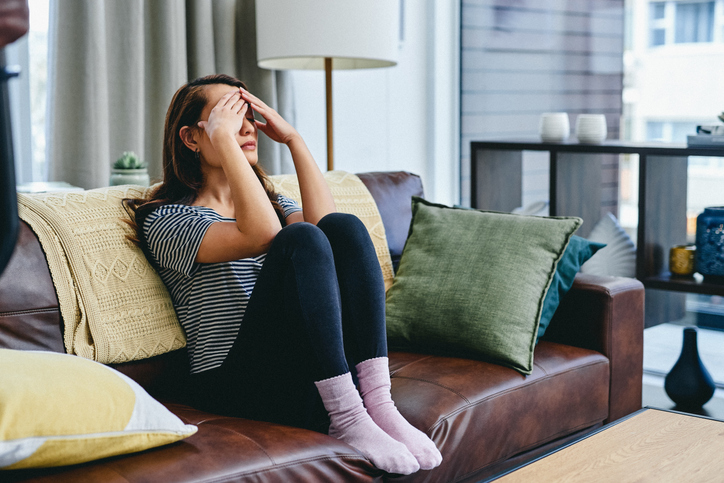
Self-care means taking care of your physical, emotional, and mental health. Beyond your physical wellness incorporate practices that support your mental well-being, such as meditation, journaling, mindfulness, talk therapy, sleep, tor simply taking time to relax and decompress ane have fun doing the things you enjoy.
8. Self-Care Distractions

Indulging in self-care means taking time out to withdraw from the world and fully immerse yourself in your practice. If you try to multi-task during self-care, you are not fully present and won’t reap the benefits or lower your stress levels.
9. Burdening Yourself Financially
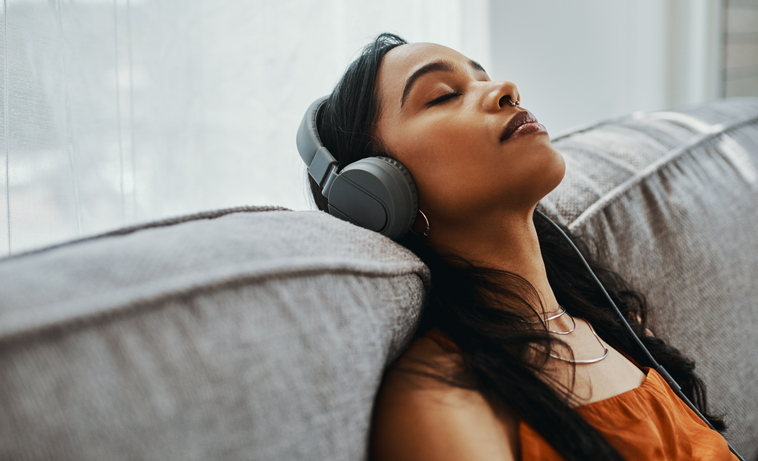
Spending excessive money on self-care only creates financial worry which is a major stressor. Self-care doesn’t mean buying expensive products or signing up for activities and services you can’t afford. Taking care of yourself is free and self-care can be as easy as a long walk in nature, reading a book, taking a bath, turning off your phone, hanging out with friends, or listening to a meditation track on YouTube.
10. Too Much Alone Time

Enjoying alone time and feeling confident and secure in your own company is important but completely isolating in the name of self-care can cause loneliness, anxiety, and depression. Social interactions and healthy relationships uplift and support us and therapists claim we need four hugs a day for our survival, eight for maintenance, and 12 for personal growth.
11. Overloading on Wellness Apps

Relying heavily on technology, and using apps and gadgets to track and manage every aspect of your self-care can become overwhelming and exhausting. Constant notifications and staring at a screen for too long creates more stress, so go old school and keep a diary.
12. Strict Sleep Schedule

Implementing a bedtime routine to relax, unwind, and set the stage for 7-9 hours of deep uninterrupted sleep is good practice especially if you have anxiety over trouble falling or staying asleep. If you’re overly rigid or inflexible about your sleep schedule this can increase stress and cause you to miss out on fun. Live a little.
13. Bombarding Yourself with Wellness Myths
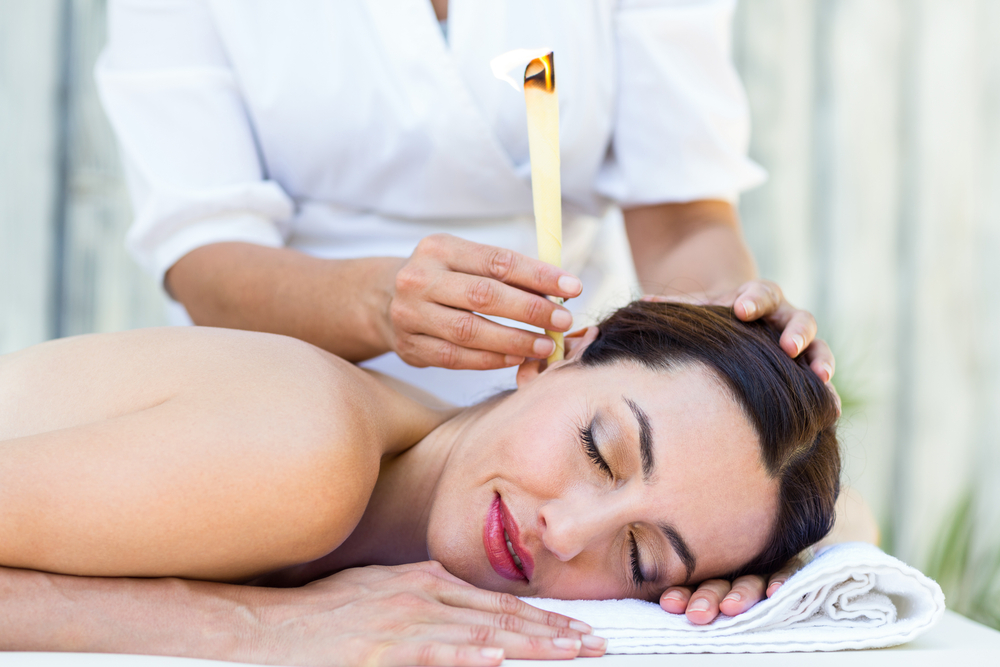
There are a lot of well-meaning “woo woo” gurus out there so don’t jump on every wellness trend as this is exhausting and anxiety-inducing. Subjecting yourself to extreme practices like detox diets, sauna treatments, juice cleanses and ear candling could do more harm than good. Instead focus on exercising regularly, getting a good night’s sleep, eating a clean balanced diet, and drinking plenty of water to aid your body’s natural detoxification processes.
14. Neglecting Professional Help

If you are suffering from chronic stress, anxiety, and depression always seek professional help. Relying solely on wellness and self-care to treat mental health issues and unresolved trauma can exacerbate symptoms.

